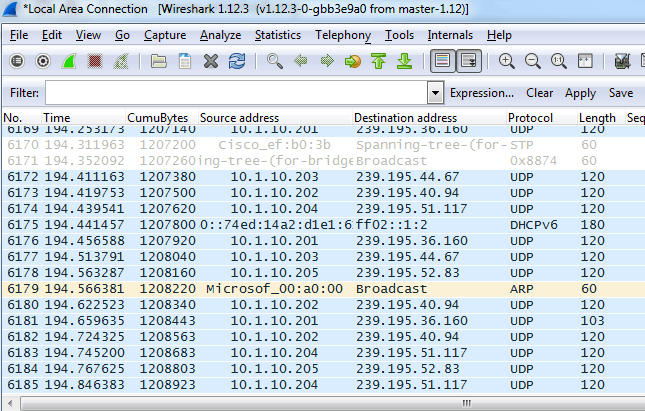
Popular programs include BitTorrent, Hamachi, and previously Skype** (though they no longer use P2P). In League of Legends your IP is not shared with other players, however any program that uses Peer to Peer (P2P) does expose your IP, and can put you at risk.

In order for someone to DoS you, they first need your IP, which is very hard to get. If you experience consistent but intermittent connection issues, please check out this article instead. For example, you will begin to disconnect and reconnect to a program until eventually you won't be able to connect at all. It's pretty tricky for an attack to target the player, so most of the time the attack is directed at the server, rather than the individual.ĭDoS attacks tend to start slow with minor latency issues, and then gradually get worse to a point where you are unable to access any outside resources, not just League of Legends.

The fact is, DDoS attacks are actually pretty rare! (Which is really good news). Most common connections won't be able to handle all of these packets, so they will be effectively blocked from maintaining a connection until the attack lets up.Ĭhances are, if you are getting intermittent lag, or get disconnected from a match randomly and then reconnect, you are most likely not being DDoS'd. Why is this important? Read the article below:Ī DDoS (Distributed Denial-of-Service) is an overflow of information packets sent to an IP address (usually by malicious PC ninjas). Close and restart wireshark.**We are aware that Skype has recently released a security update which keeps your IP address hidden from other users going forward. Turn on network name resolution in wireshark via the edit > preferences > Name Resolution menu and enable the “enable network name resolution” option. Just create a file named “hosts” (no extension) and using the normal syntax add the IP to host mappings. Instead, it’s a better idea to create a hosts file in C:\Program Files\Wireshark. Wireshark can real the local hosts file (/etc/hosts or C:\windows\system32\drivers\etc\hosts) but using this to give arbitrary mappings between IPs and hostname is not a good idea since it may mess up your day-to-day connectivity

Imagine trying to write down or memorize the following IP addresses in the packet capture: As I mentioned in a previous post, if you’re troubleshooting an issue using wireshark, especially if you’re using IPv6, it can be a headache to keep track of which IP is which in a complex network.


 0 kommentar(er)
0 kommentar(er)
